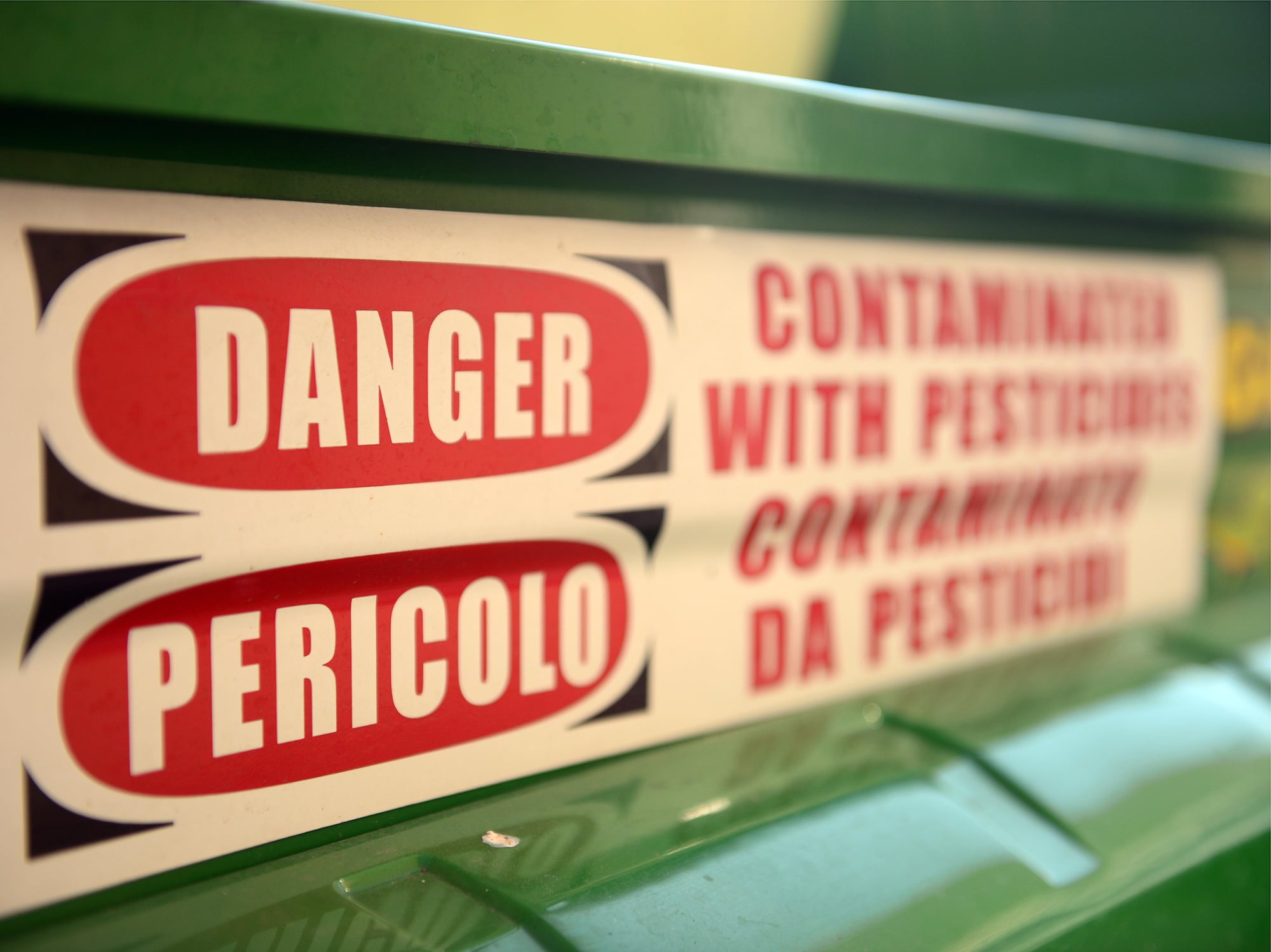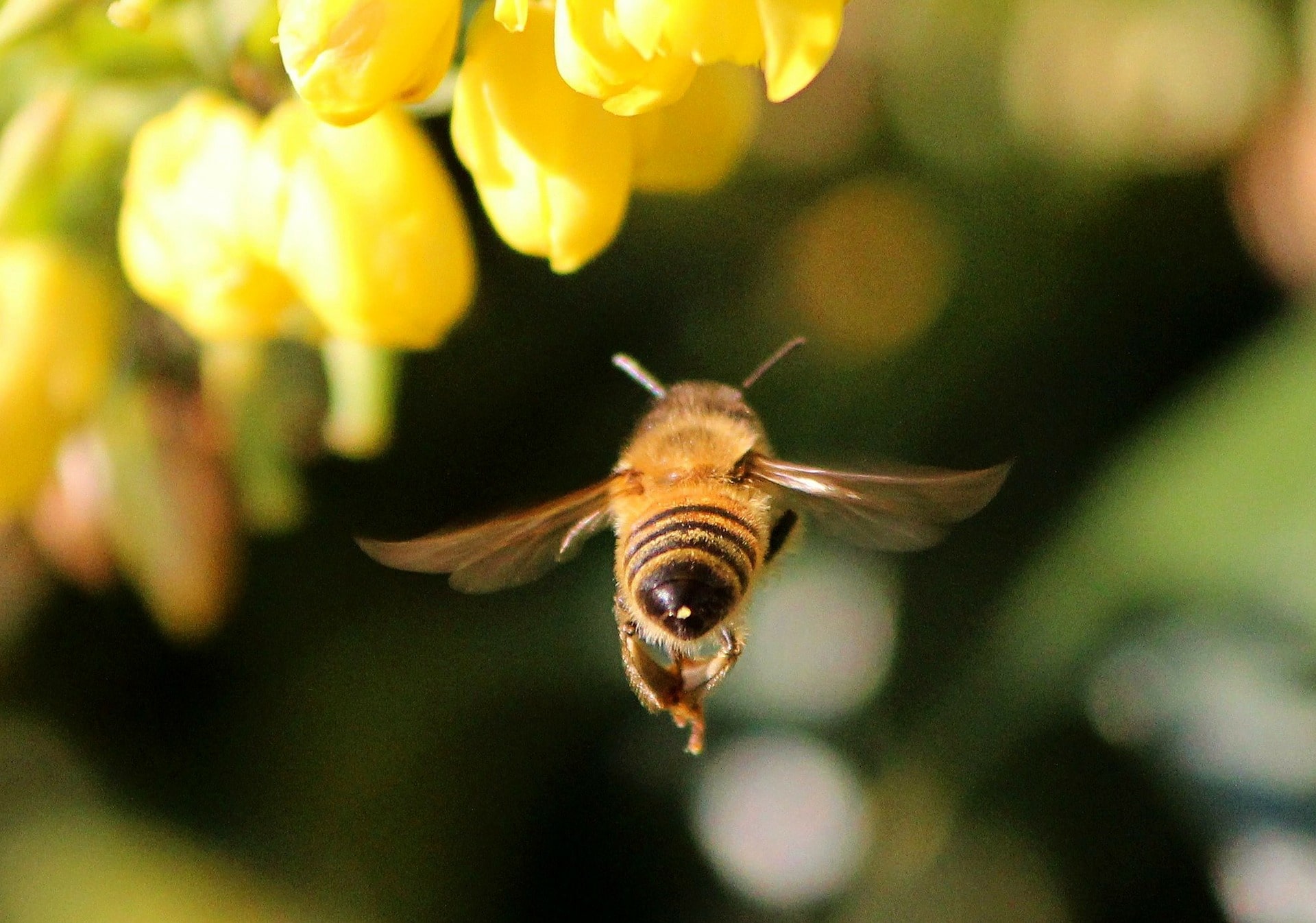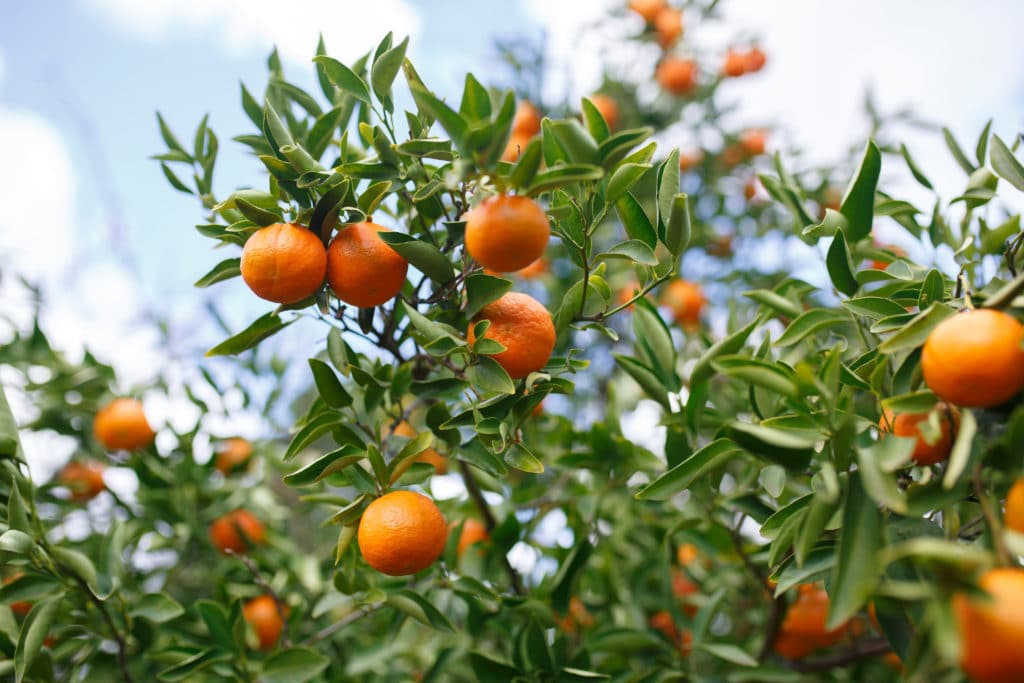
Organic & Beyond
Organic & Beyond
Science shows that organic agriculture can produce enough food to feed a growing world population while protecting our health and the environment.
Friends of the Earth works to advance organic for all: for our health, our families and our communities; for the farmers and farmworkers who grow our food; for the land that provides us with nourishment, the pollinators that make food production possible and the climate and ecosystems that sustain all of life.
Organic farming protects us from toxic pesticides, is more profitable for farmers and conserves the soil, water and biodiversity that we need to feed the world for generations to come. It is also a climate solution. In times of drought and flood, organic outperforms industrial agriculture. And compared with industrial farming, it conserves water, saves energy and captures more carbon in the soil.
The United States represents 43 percent of the global market for organic food, less than one percent of total U.S. cropland is devoted to organic farming. Expanding organic agriculture is a tremendous economic opportunity for American farmers and an important conservation strategy for our nation.
The science is clear: with agroecological methods of farming, like organic, we don’t have to rely on toxic pesticides and synthetic fertilizers to produce abundant food. That’s great news for people, pollinators and all living things. We know that the need for resilient, regenerative farming is more urgent than ever. Industrial agriculture costs the world an estimated $3 trillion annually in environmental damage, and climate change threatens future food security.
Organic for All
In this peer-reviewed study, we compared pesticide levels in the bodies of four American families for six days on a non-organic diet and six days on a completely organic diet — and we found that an organic diet rapidly and dramatically reduced pesticide exposure.
Media
Learn More

What is agroecology?
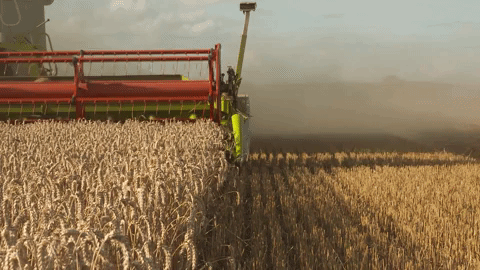
Learn how we can effectively farm for the future
Resources
Does your grocery store make the grade?
We rated top retailers on organic offerings and pesticide reduction to protect pollinator health
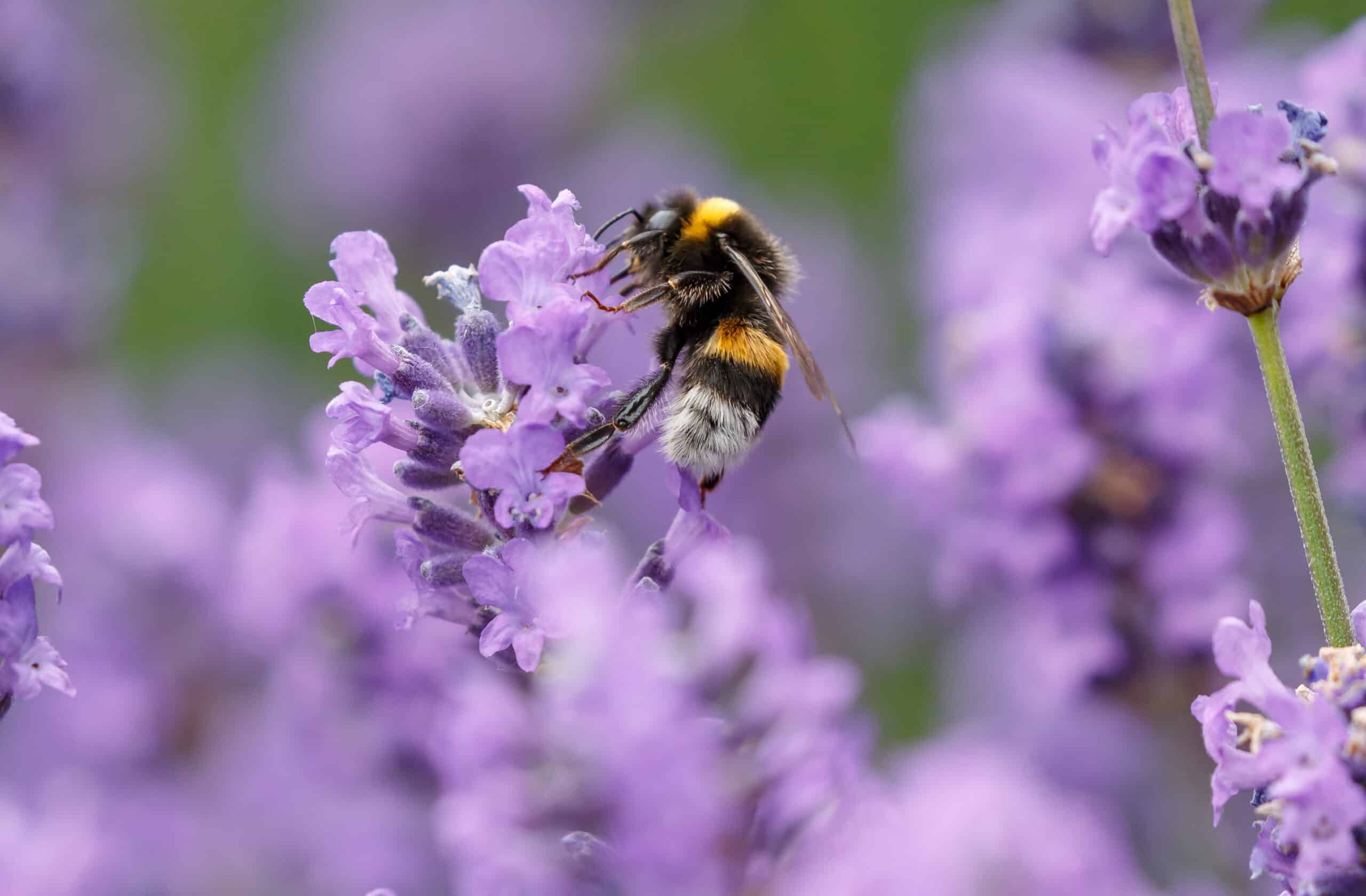
Ways to Support Our Work

Read Latest News
Stay informed and inspired. Read our latest press releases to see how we’re making a difference for the planet.

See Our Impact
See the real wins your support made possible. Read about the campaign wins we’ve fought for and won together.

Donate Today
Help power change. It takes support from environmental champions like you to build a more healthy and just world.
